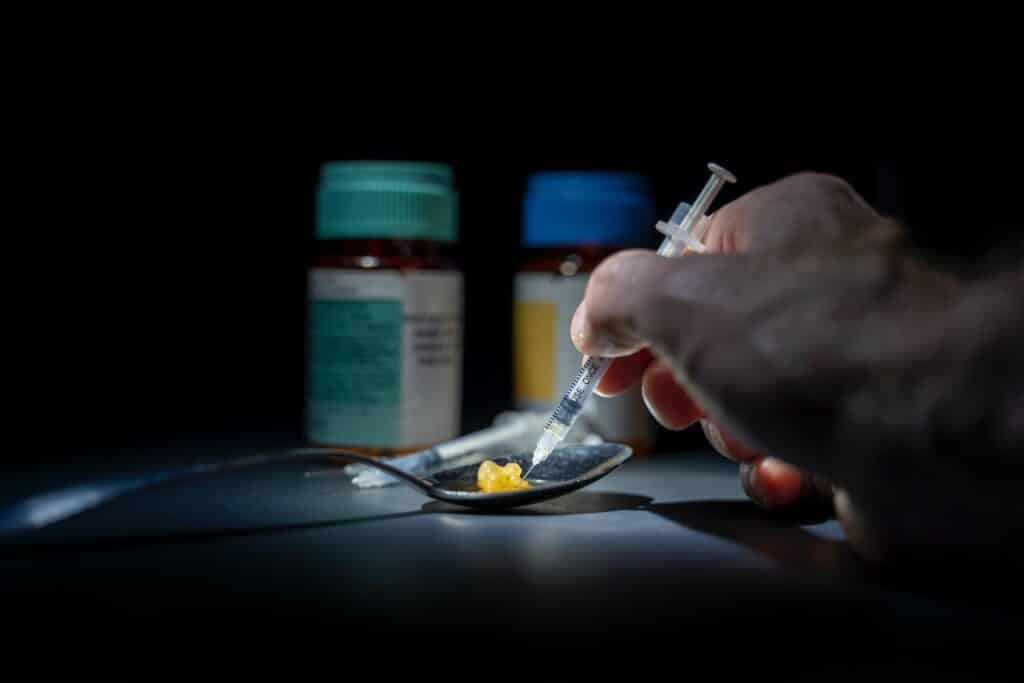What are the Grants for Recovering Addicts
Addiction to anything is harmful to human beings. The number of substance abusers and drug addicts nationwide is increasing rapidly.
Addiction to drugs and alcohol makes the addicts financially weak as they have to spend money on buying drugs and other substances that are very expensive.
If you are ready to recover from this condition, then you have the option of grants for recovering addicts.
Recent studies indicate a significant portion of addicts are below the age of 25 years. For that reason, hundreds of schools and universities have developed special programs to offer an addiction-free life to students.
Students who fall for such an addiction can prevent themselves from this life-threatening activity.
Students and substance abusers who are recovering addicts can apply for grants from appropriate resources.
These programs can help students understand the recovery process and the available resources that can help their family members stay addiction-free.
Resources of Grants for Recovery Addicts
Thankfully, numerous resources are available where recovering addicts can seek financial help. Grants are available for students, but availability can vary based on the program and institution.
Apart from schools and colleges, the federal department and some NGOs offer such grant types.
Private organizations also help recovering addicts by supporting their recovery programs, potentially alleviating financial crises.
The Process
Recovering addicts find themselves helpless when they are financially broke. Those of you who want to stop using drugs and live a healthy and happy life should go for the available grants for recovery.
Applicants must apply for grants through designated clinics, health centers, or specified grant programs. After conducting some tests, students will be given scholarships and grants under the program.
Recovering addicts can seek grants from federal agencies, though specific departments and programs may vary.
Most addicts find it difficult to live with the addiction as buying the substances and drugs costs a lot of money.
It is advised for addicts who wish to recover from addiction through a recovery program. For that reason, more and more addicts are now looking for programs to end their habit of drugs, and alcohol, and other substances used by the addicts.
Treatment for Recovering Addicts
The treatment for recovering addicts is rehabilitative therapy. Apart from this, recovering addicts receive prescriptive medications to reduce the need for substances.
The cost of treatment is very high as it is done under a particular program and requires supportive medicines.

Drug rehab programs, including 30-day detox, can vary significantly in cost, often exceeding a few hundred dollars.
Depending on medical advice and individual circumstances, recovery programs can be conducted at home or in a hospital. The cost of recovery programs can range widely, often from $5,000 to $80,000, depending on the level of addiction and the type of treatment provided.
A typical drug addict can’t afford this much money for the treatment. For that reason, grants for recovering addicts are designed by the Health and Human Services department.
Financial Aid for Recovery Addicts
The federal department and private organizations come forward to help recovering addicts who want to overcome their addiction to drugs and alcohol.
Students in schools and colleges with addiction programs may still need to apply for grants to support their participation. Students can receive a grant for education in this subject.
They can apply for the same grant from the school or university campus.
Types of Grants for Recovering Addicts
The grants listed below are available for drug addicts who want to join the recovery program.
-
Grants to Rehabilitate Centers
The department also provides special grants to urban health centers, where local people can free of charge receive medicines and useful instructions from experts.
The department offers special funds for the development of Urban Health Centers.
-
Grants for Medical Equipment Purchase
The treatment or therapy involves special equipment that may cost hundreds of extra dollars from the patients.
Patients can apply for a grant to purchase the equipment for the treatment. These grants are available for urban and rural areas across the states and for all types of people.
Block grants are also available for recovering addicts sponsored by the H&H Department.
These grants are offered to institutes and program managers to plan the recovery program and to provide essential support to recovering addicts. Similar programs are designed for pregnant women addicted to alcohol and drugs.
-
Grants for Veterans
Veterans who are recovering addicts can seek financial help through special grants made available by the H&H Department. Clinics and medical centers can also provide suitable grants.
A therapy program is designed for the veterans and their family members under these programs. In-patient and outpatient services are available for veterans and their families under these programs.
Conclusion:
Drug addicts find it difficult to go for treatment or rehabilitative therapy as it costs a lot of money. Grants for recovering addicts are helpful to people who want to return to their everyday lives.
Recovering addicts can apply for a suitable grant from the clinic or medical center to receive direct financial help for their recovery. Search for a suitable grant on the web and apply now!
See Also